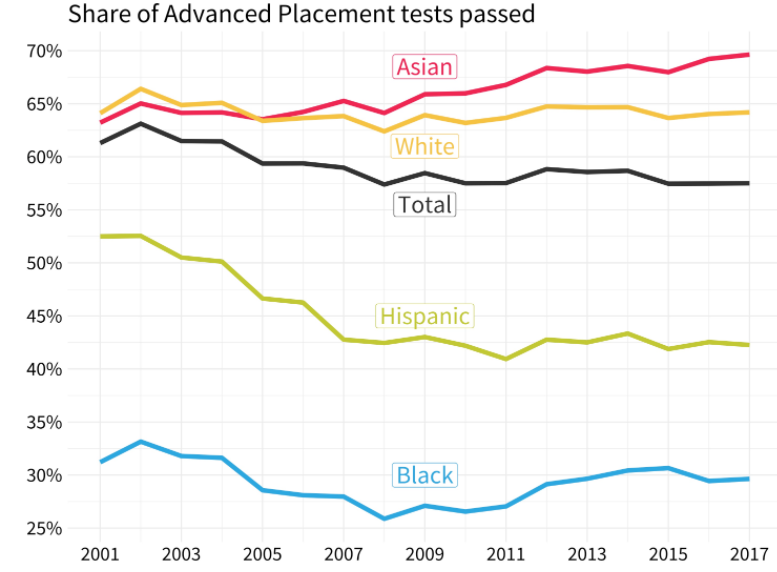Dual credit exceeds AP classes
Should I take AP or dual credit? This is a question that has crossed the mind of almost every high school student, especially those who want an Academic Honors diploma which requires dual credit or AP classes to be taken.
While not all schools are fortunate enough to have many options, Carroll has an array of dual credit and advanced placement courses to choose from which can often complicate the class selection process for students.
One of the most debated topics in this process is whether dual credit or AP is the most beneficial. While dual credit is the better option for most students, incentives provided by the school are steering more students in the direction of AP.
The administration uses a weighted GPA system for calculating students’ GPAs which means that certain courses give students a boost on their GPA. This GPA is what is put on college applications and is used to determine class rank.
Although both dual credit and AP classes are challenging, the GPA boost is given to AP classes and not dual credit. This creates an incentive for students to choose AP even when dual credit might be better for their education.
So which option is better? Let’s consider the facts.
Dual credit guarantees you the college credit for a specific class at a very generous discount, it starts your college transcript, allows you to reep student benefits/discounts, and gives you a feel for how college classes will be.
AP is free (our school covers the test fee), it requires a passing grade (usually a 3) on the AP exam in order to get the credit, it is generally viewed as better in elite college admissions, and it provides a GPA boost.
AP is only the better option for the select group of students who want to attend elite universities that do not accept dual credit. Some might say that dual credit is too risky for a lot of students because they might get a poor grade and damage their college transcript, but dual credit allows you to drop the college enrollment part of the class up to half way through the semester.
Overall, dual credit is more likely to benefit more students since it guarantees the credit without needing to pass an exam.
The school needs to stop pushing AP on students by eliminating the incentives to choose AP over dual credit classes. Someone should not have to choose between getting their desired GPA to be a competitive applicant and the class that might be better for them.
I fell down this hole junior year when I chose to take AP Calculus instead of dual credit Calculus. I worried that I would not get a good enough score on the exam which would ruin my goal of not needing to take math in college, but I didn’t want my GPA to be worse off so I took the gamble with AP.
I ended up getting a 2 on that exam after getting an A in the class. That there is the flaw in this system. If I would have taken dual credit then I would have walked out of that class with an A on my college transcript and no need to take math in college, but that opportunity was wasted.
Although it was ultimately my choice on which class I took, the school needs to stop pushing students toward AP. Although AP can be beneficial, especially to students who are going to more elite universities that don’t accept dual credit, the majority of students are not going that route and would be better off with dual credit.
The school needs to even out their support of AP by either eliminating the GPA boost of AP classes or giving dual credit the same boost. They also need to either stop paying for every AP exam or provide students with assistance in paying for dual credit.
Although there are many people who take AP classes mainly because they like those classes, there are too many students who are choosing them for the wrong reasons. It’s time that dual credit gets a fair chance.

Gracie Rose is a senior who has been attending NACS schools since kindergarten. At 17, this is her third year working on The Charger Online and her second...





